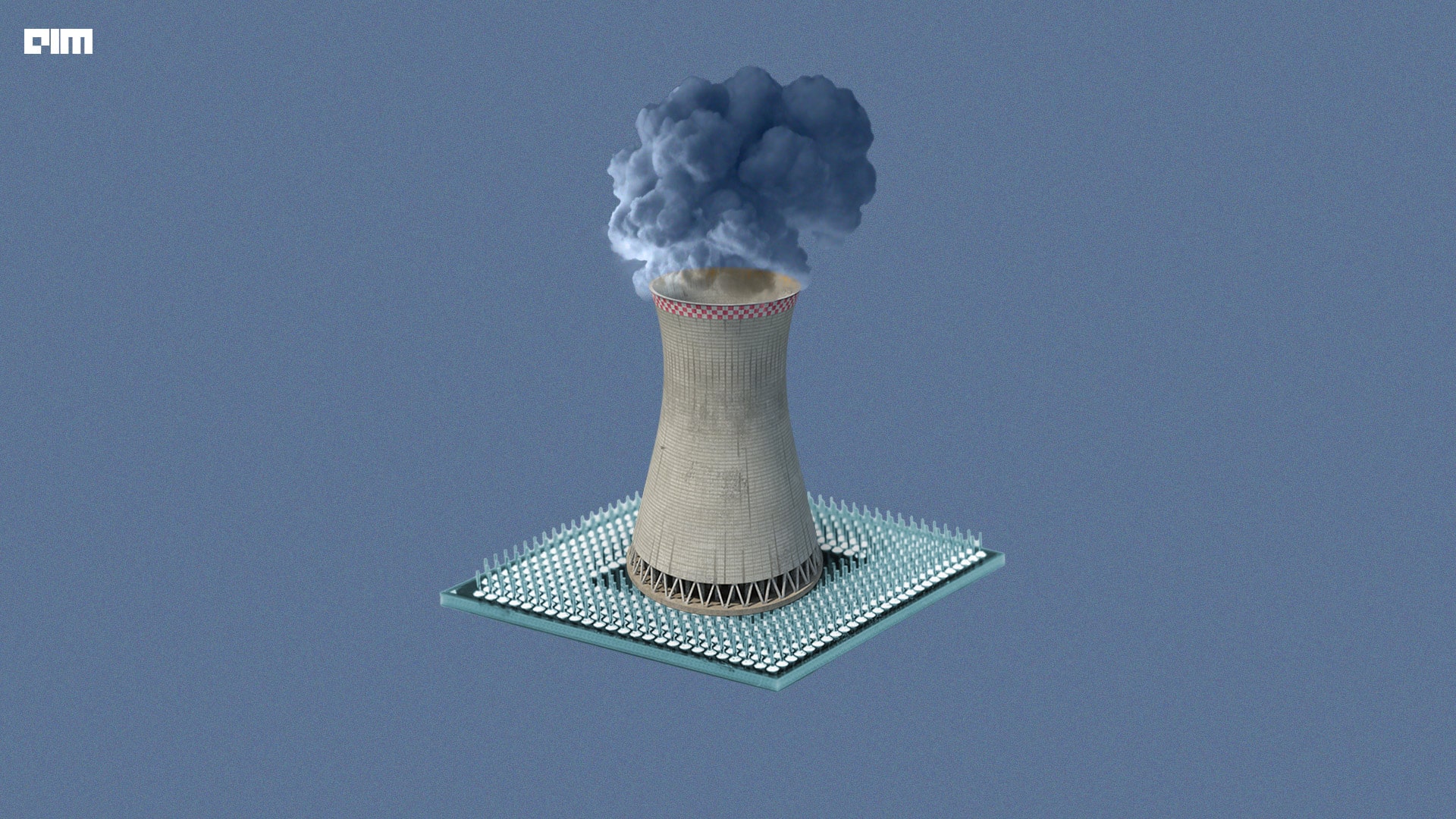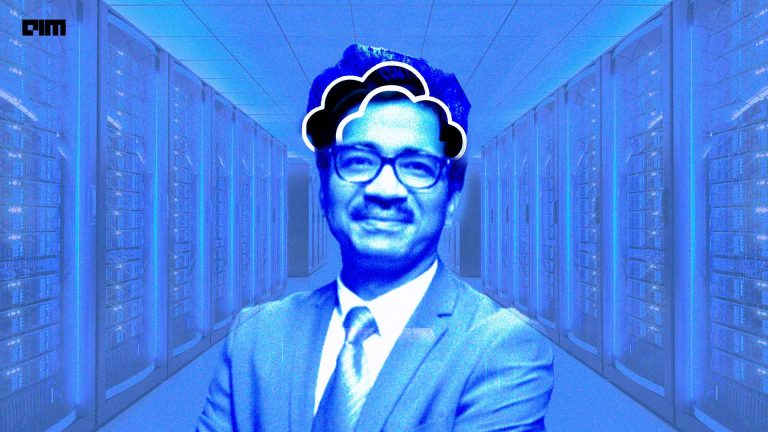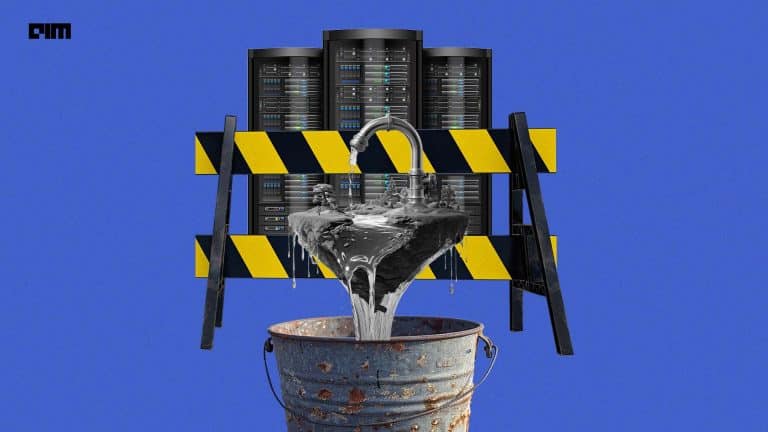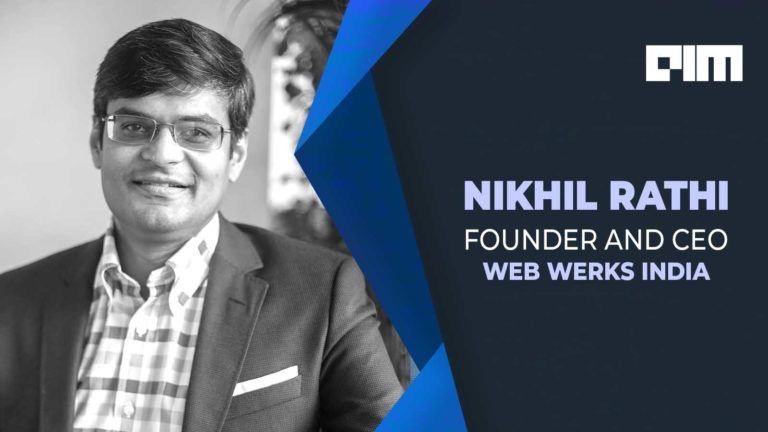|
Listen to this story
|
According to recent industry reports, the global electricity consumption of data centres is projected to reach a staggering 848 terawatt-hours (TWh) by 2030, nearly doubling from the estimated 460 TWh consumed in 2022.
To put these figures into perspective, India, the world’s second-most populous country, consumed 1,443 TWh of electricity in 2021.
The projected 2030 data centre consumption would equal more than half of India’s electricity usage. Similarly, Ireland generated 34.5 TWh of electricity in 2022.
So, as data centre operators confront energy challenges like scarcity of available energy for powering data centres from the grid and an imperative to minimise carbon emissions—they’re now moving towards nuclear energy!
Equinix, the world’s largest data centre colocation provider, recently signed a pre-agreement with Oklo, a firm which produces small modular reactors (SMR), to purchase nuclear energy for a $25 million prepayment.
A Small Modular Reactor (SMR) is generally defined as an advanced reactor that produces up to 300 MW(e) per module.
As the energy demands of data centres, which power every critical digital infrastructure and technologies like generative AI, 5G, Io, etc., these reactors or SMRs are a critical move towards clean and sustainable data centres powered by safe nuclear energy.
“A normal data centre needs 32 megawatts of power flowing into the building. For an AI data centre, it’s 80 megawatts,” says Chris Sharp, CTO at Digital Realty, a US data centre giant.
Oklo’s reactors powered by nuclear fission energy stand as a viable option for data centres as they can generate 15MW each and can function for a minimum of 10 years before requiring refuelling.
Equinix intends to purchase power from Oklo’s upcoming SMR installations to fuel its US data centres. It will possess the first option for 36 months to acquire between 100MW and 500MW of cumulative capacity from specific Oklo powerhouses.
Additionally, smaller microreactors, with capacities ranging from 1 to 20 MW, are being developed specifically to power data centres and industrial sites. Startups like Oklo aim to deploy factory-built microreactors by 2028 to meet these energy demands.
Besides Oklo, several other US-based firms, including NuScale Power, Kairos Power, and X-energy, are actively developing small modular reactors (SMRs). Additionally, UK-based Rolls-Royce is also pursuing SMR technology.
Challenges in Adoption
While public opinion is nearly evenly split between support and opposition, and safety remains a primary concern—many SMR manufacturers are trying to combat the issue.
For instance, NuScale Power, a leading developer of SMRs, has made safety a top priority in its design, according to CEO and co-founder José Reyes.
Reyes, who spent nearly a decade as a research engineer in the Reactor Safety Division of the U.S. Nuclear Regulatory Commission, emphasises that NuScale’s SMRs are designed to safely shut down without operator intervention in the event of a worst-case scenario.
To address the concerns arising from nuclear disasters in Fukushima, Chornobyl, and Three Mile Island, SMRs’ smaller size, simpler design, and inherent safety features make them more reliant and risk-averse.
SMRs also generate less nuclear waste, as they require refuelling every 3-7 years or even up to 40 years, compared to 1-2 years for conventional nuclear power plants.
Additionally, SMRs can be installed closer to energy consumers and data centres, overcoming grid constraints.
Jay Dietrich from the Uptime Institute has also highlighted that SMRs provide reliable, carbon-free electricity, which can complement intermittent renewable energy sources like wind and solar power to help data centres become more sustainable.
Despite the potential benefits, the SMR market faces several challenges. However, due to hurdles such as manufacturing ramp-up, design permits, site approvals, and grid connection permissions, SMR-powered data centres may become a reality by the late 2020s or early 2030s.
The emerging SMR market recently faced a setback when NuScale’s plan to launch a six-reactor, 462 MW project with Utah Associated Municipal Power Systems collapsed in early November.
Several towns withdrew from the project after costs rose, highlighting the challenges faced by the nascent industry.
Initial construction costs for SMRs may also be high, but economies of scale are expected to lower costs over time.
Hans Lohse, a representative from Idaho National Laboratory (INL), believes that economies of scale will play a significant role in reducing SMR costs.
“I don’t think anyone expects the first couple of builds to be the cheapest, but when you get the supply chain going, the cost curve will go down, and you will get economies of scale,” Lohse said.
Another concern surrounding SMRs is nuclear waste production, albeit in smaller quantities compared to traditional large-scale nuclear plants.
While China’s Linglong One reactor became the first small reactor to receive safety approval from the IAEA, the success of SMRs will depend on continued public engagement, regulatory support, and a demonstrated track record of safe operation in rural and urban locations.
Big Tech Also Turns to SMR
Tech giants like Microsoft and Amazon have also shown significant interest in SMRs, nuclear technology and nuclear power purchase agreements to source a portion of their data centres’ electricity needs from nuclear plants for growing energy needs by data centres.
Microsoft is exploring nuclear power deals with companies like Helion and Ontario Power Generation for its operations in Canada. The tech giant has reiterated its seriousness in the matter by employing a director of nuclear development acceleration and a director of nuclear technologies to spearhead its exploration.
Concurrently, Amazon has already acquired a massive 960 MW data centre campus in Pennsylvania, fueled by the Susquehanna nuclear power plant, showcasing the growing interest of hyperscalers in nuclear energy for data centre operations.
While not using SMRs directly, this demonstrates the interest of hyperscalers in nuclear energy for powering data centres.
The first SMR reactors will likely be installed on existing nuclear sites, where infrastructure and permitting are already in place. Rolls-Royce is starting with a decommissioned nuclear plant in Trawsfynydd, Wales, which could hold two 470MW systems.
In Canada, Ontario Power Generation (OPG) is building up to four new SMRs in Darlington, Ontario, alongside its existing CANDU reactors. OPG has signed a Power Purchase Agreement with Microsoft, which may include nuclear power from these SMRs if they are operational in time.



















































































